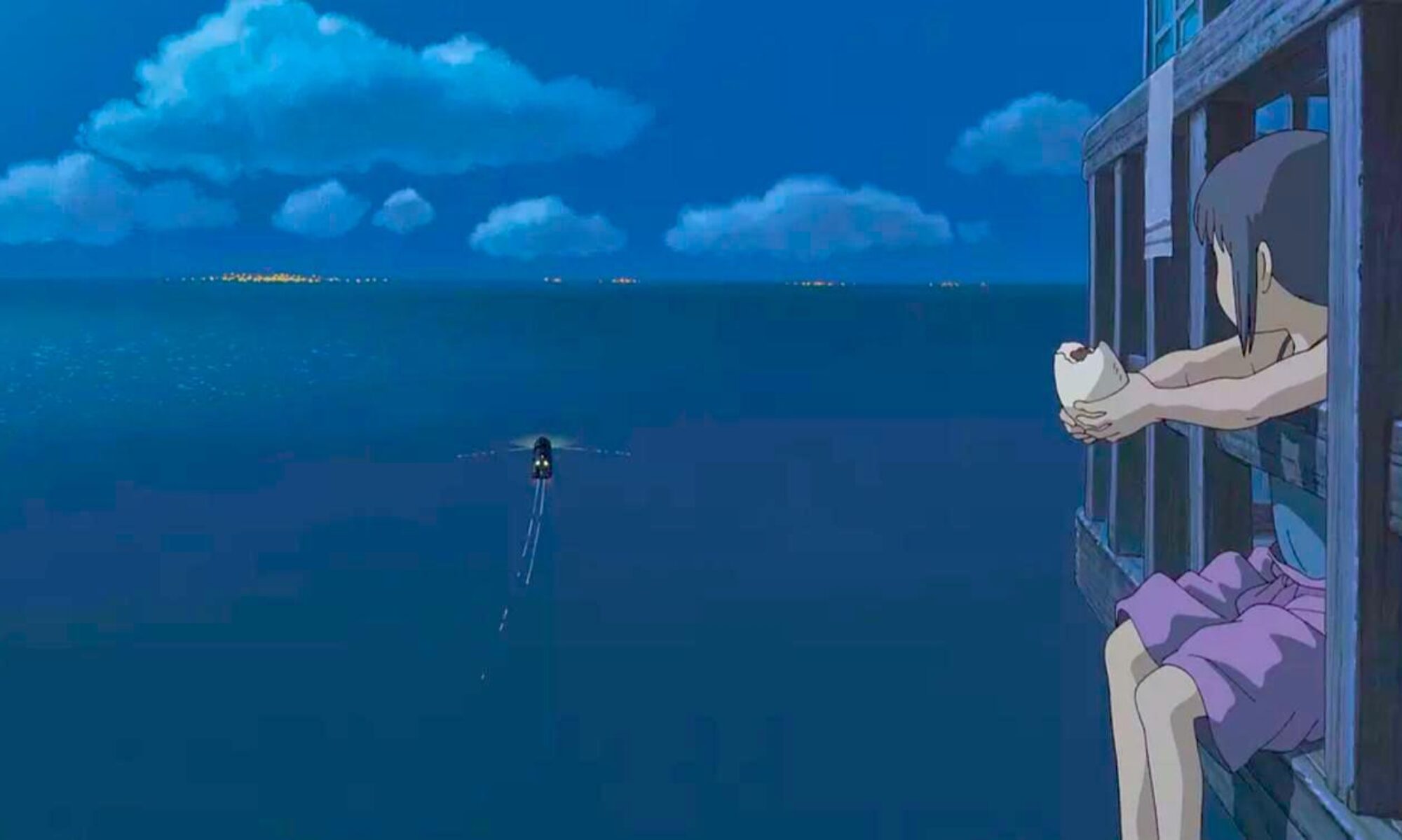Films, especially animated ones, can often be understood as potent dreams of the collective consciousness, filled with symbolism and rich meaning-making. In recent years in particular, it seems that animated films are consciously engaging with the deepest existential and emotional dilemmas at the heart of the human experience; from grappling with intergenerational trauma through Encanto or Seeing Red, to illustrating complex empathy-driven frameworks regarding the nature of the afterlife in Coco or Soul.
In Puss & Boots, we confront the deepest anxiety many spend their entire lives running away from… death and mortality. Other key topics that are explored include panic attacks, ptsd, shadow work and Jungian archetypes.
In the beginning of the movie we’re introduced to a prideful, arrogant, “fearless” Puss in Boots. After becoming aware of the fact that he is on the last of his 9 lives, he’s visited by the wolf of death… an experience that leaves him traumatized and willing to finally hang up his identity of adventure and notoriety for a life of safety and complacency at a “home” for domestic cats. However, once he hears of a secret wish-fulfilling star that could grant him immortality, he is motivated once again on an adventure to find it. The path to the star requires a journey through “the dark forest”, a magical dreamworld that shifts according to the wounds each journeyer must confront in themselves. Throughout the movie, Puss is followed by flashbacks to his earlier encounter with death… an eery reminder that death is always following him.
On this journey with him are friends and foes… each representing a different complex in the human psyche. The complexes can best be understood in relation to the fundamental “wish” that motivates their drives; Jack Horner, the greedy, bloated and emotionally-stunted man-child (inflated ego) is motivated by his wish for ultimate power over others, Goldilocks, the ruthless orphan accompanied by her family of rough and rugged bears (id, or mammalian nature), is motivated by her wish for ultimate belonging, and Puss -the hero on his journey – is motivated by his desire to escape death. Also accompanying Puss is Kitty Soft paws, representing the Jungian anima (the inner feminine principle within every man), who is motivated by her desire for someone to trust.
Through their journey through the shadow forest – which exteriorizes their deepest fears and beliefs – each character either realizes that their wishes have already been answered or resolves the desire for that wish at the root (besides Jack Horner – ie. the complex that wishes for complete control and power- who ultimately is destroyed by the power of the star). Goldilocks realizes the family and sense of belonging she always wanted has been the very bears who were ready to risk everything to aid her in her quest, Softpaws realizes her wish for a partner she could trust through going on this treacherous journey with Puss and Perito, and Puss ultimately confronts death.
Puss’ final confrontation with death exemplifies a new level of consciousness – a maturity that comes through the balance of perseverance and humility. In Jungian psychology, this process is called holding the tension between the opposites. Consciousness expands through one’s capacity to hold often times competing and seemingly opposite truths at once. Often times, people swing on the pendulum between these binaries. For Puss, his lives had previously been defined by his irreverence towards death in his sense of invincibility, but when confronted with death himself, he becomes so shaken that he resigns to a life of numb complacency on the other end of the spectrum. By the end, however, Puss demonstrates his new capacity to hold both his fearless perseverance to defend life with the spiritual humility of knowing death is ultimately inevitable. It is through this tension that Puss integrates his integrity into wholeness.
